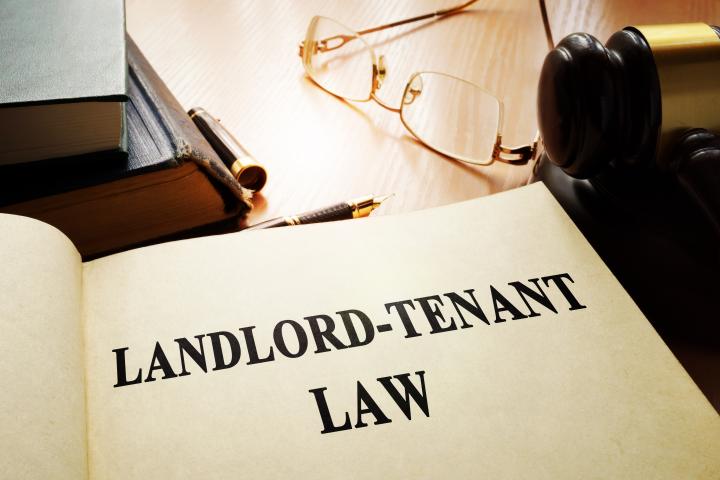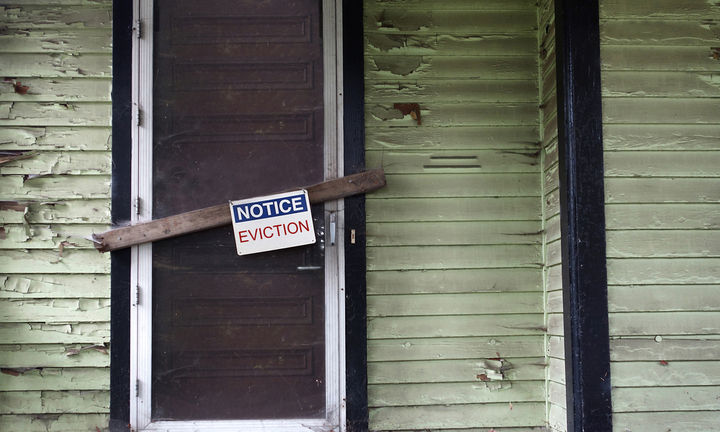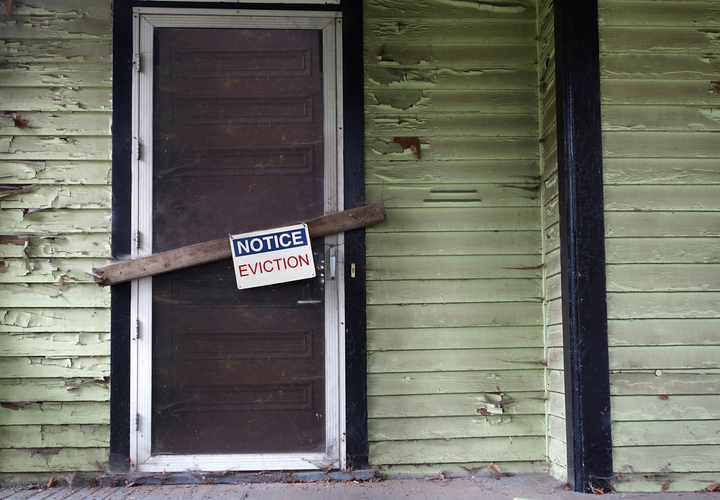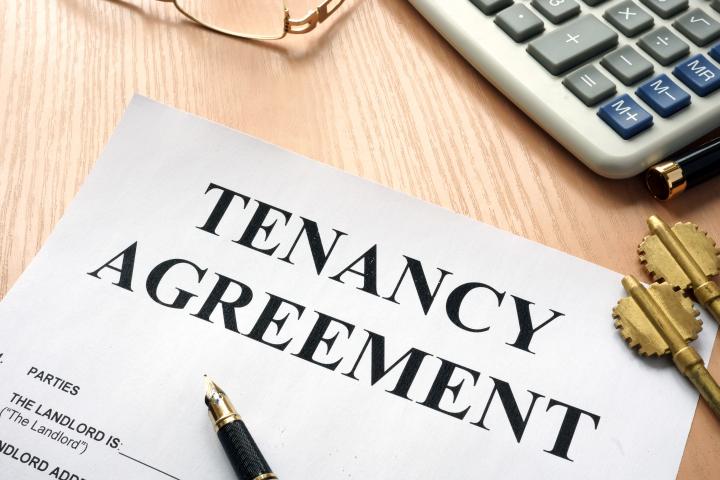Search by alphabetical topics All ABCDEFGHIJKLMNOPQRSTUVWXYZ
-
 Eligibility For Housing Benefit.
Eligibility For Housing Benefit.The Criteria for eligibility is as follows:
The tenant is liable for payments in respect of a property occupied as a home.
The tenant is already in receipt of a benefit (Income Support, income based JSA/ESA and Pension Credit) that entitles them to Housing Benefit.
The person is classified as British.
The person has passed the Right to Reside and habitual residence test.
The person is not excluded.
How the rent is paid must allow eligibility for Housing Benefit. If the tenant is renting from family members then this could be in breach of benefit payment rules.
The local authority will make a decision on eligibility within 14 days of receipt of any application for benefit. Any delay maybe due to the authority seeking further information from the tenant in respect of the claim.
Any award of Housing Benefit will only pay for the eligible rent for the property
-
 Eligible Rent
Eligible RentEligible rent is defined as only the amount that the tenant pays to occupy their property. It does not include the costs associated with heating, food, lighting and service costs.
The eligible rent is the amount that appears in the calculation of Housing Benefits and is called the Maximum Housing Benefit. This is worked out in differing ways depending on the type of tenancy.
-
 End of Tenancy Notices
End of Tenancy Noticesvalid notice to recover the property served on the tenant is a legal requirement as the first step in legal proceedings.
- A notice can take the following forms:
- A Section 8 Notice of Seeking Possession.
- This can be served if the tenant has breached part of the tenancy agreement.
- A Section 21 Notice Requiring Possession.
- This is served if the landlord just wants the property back.
- A Notice to Quit.
- This is served on someone who only has basic occupancy rights or if there is a resident landlord.
-
 Energy Performance Certificate (EPC)
Energy Performance Certificate (EPC)- An Energy Performance Certificate (EPC) is valid for 10 years and its’ purpose is to inform the tenant and landlord/letting agent of the properties energy efficiency rating and how to reduce the energy costs of that property.
- The UK government ‘s legislation introduced in early January 2013 specifies that landlords/letting agents are required to produce an up-to-date copy of the properties EPC for potential tenants to view.
- At the beginning of a tenancy the landlord/letting agent has the duty to provide free of charge an up-to-date EPC to the tenant. This applies even if the tenant is only interested in viewing the property and has not yet made his/her mind up as to renting the property. The EPC will be a good indicator for the tenant to assess the energy costs of the property.
What should be expected to be seen on an EPC? It should contain the following:
- The letting documents should clearly contain and show the EPC rating of the property which is being let. When a property is being advertised, the EPC rating should be displayed on all advertising documents. If the property is being advertised on the internet, it should clearly show the EPC rating:
- The name of the engineer who carried out the inspection.
- Suggestions and advice on how to use and save on energy costs.
- Suggestions and advice on energy use and carbon dioxide emissions.
- Colour coded information on home energy use and average energy costs.
- Details of whom to make a complaint.
-
 Eviction
EvictionTenants actions if they have been illegally evicted.
- If a tenant has been illegally forced to leave his property by a landlord, then he/she is entitled to claim damages under Sections 27 and 28 Housing Act 1988. If they have been reinstated in the property or if it is reasonable for them to do so and they have not, then the damage entitlement is removed. If they have been offered reinstatement but mobbing back is not reasonable then the claim for damages can still stand.
Damages can be claimed in the following circumstances:
- The tenant is unlawfully deprived by the landlord of the occupation of part or whole of the property.
- An attempt is made by the landlord to deprive the tenant of the occupation of part or whole of the property and as a result the tenant ceases occupation of the property.
- The tenant’s landlord interferes with the tenants use, peace and enjoyment of the property or has services withdrawn that are reasonably required for the occupation of the property as a residence and: -
- As a result the tenant leaves the property with the landlord knowing or had reasonable cause to believe this would be the outcome.
Damages
- The tenant will also be entitled to claim damages having been subject to harassment/illegal eviction under the following claim headings:
General damages
- These are compensation for pain and suffering, physical injury, discomfort, loss of enjoyment, inconvenience and shock.
Special damages
- This is classed as losses that are quantifiable i.e. compensation for damaged or lost property or the cost of alternative accommodation prior to reinstatement to the property.
Aggravated damages
- These would be awarded if the tenant has been subjected to any form of violence or other aggravating factors.
Exemplary damages
- These are awarded to deter the landlord from committing similar actions in the future. The award would be given if the landlord has in some way profited from his illegal actions and the profits exceed any compensation that has been awarded to the tenant.
-
 Eviction
EvictionEviction
The landlord can only proceed to obtain a warrant of eviction if the tenants have breached the terms of their suspended possession order.
When the landlord has successfully made an application to the Court for the warrant of eviction, the Court will then send that warrant to the tenants. The warrant will be executed by the bailiff who will attend the property to execute the warrant at the date or time mentioned in the warrant.
· At the property, the bailiffs have the right given to them by the court to:
· Remove anybody still occupying the property (by use of reasonable force)
· To secure the property by changing the locks (usually done by a locksmith)
· The date and time on the warrant is the very last day given by anyone living in the property to leave it. There will not be an extended period of grace allowed.
Note: The landlord will not be permitted to remove anyone from the property. The power to do so has been given to the bailiffs by the court by means of the warrant of eviction.
What if the tenants have nowhere to go?
If the tenants have nowhere to go or have not secured other accommodation, then they should seek the help or assistance of their local authority. This means the tenants should attend in person and explain the reason(s) of their eviction. The local authority involved will assess the tenant’s applications and determine the eligibility for assistance.
Fast tract eviction
Landlords can use the High Court to make a fast track eviction order. They can include in their claim for possession a request to transfer the enforcement of the order to be made in the High Court.
Or the landlord can also make a request at the possession hearing if the judge makes an outright order for possession to have the enforcement of the possession order transferred to the High Court.
It is at the discretion of the judge to decide to transfer the possession order to the High Court. For this to happen, the landlord will have to plead and convince the judge that it is vital to transfer the possessing to the High Court, namely giving the arguments such as:
· using the County Court bailiff will delay the procedure which will have a huge and considerable impact on loss of rental income
· there is a risk of damage to the property
With a sealed possession order from the Court, the landlords will be entitled to apply for permission for a writ of possession or writ of control (if there is a recovery of money judgment) and have this sealed by the County Court in with the possession order.
Note: permission for the writ of possession will not be granted unless the court is entirely satisfied that the tenants had notice to the proceedings. The application is then sent to the High Court to be approved.
When the possession or the writ of control (if applicable in this instance) has been approved, the landlords can instruct a high Court enforcement officer to enforce the writ.
Note: With the granted writ, the High Court enforcer is allowed in addition to seize assets to set against any rent arrears and costs which are outstanding under the possession order.
Important
· In these extreme circumstances, tenants may not be advised that a writ application has been made.
· Tenants may not be advised of the date and time of the eviction or when the writ of possession by the court was been granted to the landlord.
· Tenants will not be sent a notice to inform or advise them on date and time of the writ enforcement by the landlords.
-
 Exceptional Hardship
Exceptional HardshipApplication to remain in the property.
A tenant is able to apply to remain in a property on the grounds of exceptional hardship following a judgement for outright possession. If the Judge is satisfied that an early eviction would cause exceptional hardship to the tenant then he can grant an extension of up to 42 days to remain in the property. The application can be made on the provided defence form within the response pack.
The application would normally be made at the first hearing but if this is not the case then the application must be made before the eviction date on application form N244. The consideration will be made at a further hearing
-
Exceptional Hardship Application to remain in the property.
A tenant is able to apply to remain in a property on the grounds of exceptional hardship following a judgement for outright possession. If the Judge is satisfied that an early eviction would cause exceptional hardship to the tenant then he can grant an extension of up to 42 days to remain in the property. The application can be made on the provided defence form within the response pack.
The application would normally be made at the first hearing but if this is not the case then the application must be made before the eviction date on application form N244. The consideration will be made at a further hearing.
-
 Exemptions
ExemptionsThe Bedroom tax rules do not apply in the following circumstances:
The tenant lives in supported accommodation where the local authority provides or commissions care.
The tenant is a shared owner of the property.
The tenant lives in temporary homeless accommodation.
The sole or both joint tenants are born on or before 05/10/1951 – pensionable age
Search by alphabetical topics
All
ABCDEFGHIJKLMNOPQRSTUVWXYZ




